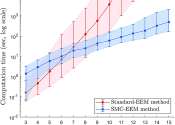Defining a city using cell-phone data
Humans are becoming more urban, with more than half of the world's population now living in cities. This rapid growth poses unique challenges to both the study and governance of cities—a challenge made harder because we ...









